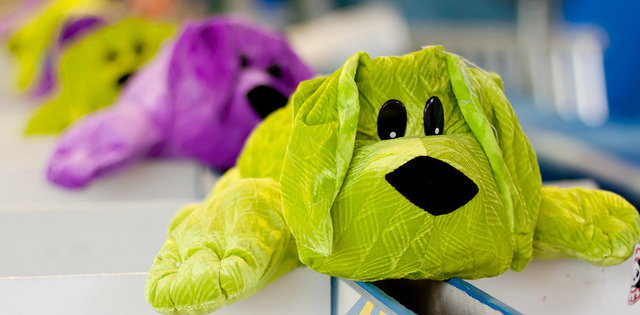A Day in the Life of… a Structural Engineer
You might be starting to think about which subjects you want to study at school, perhaps you have even had a talk about careers.
One thing that is quite tricky to assess is what a job is REALLY like. Some jobs are quite easy to imagine, such as working as a teacher, because we see the work that teachers do every day. Some jobs are a bit of a mystery. What does an engineer actually DO? And what do you have to study, to become one?
Today we are introducing a new series of articles, which will show you the typical working life of people in many different professions. If you know someone who has an interesting or unusual career, ask them if they would agree to a short interview with us to show kids a day in their life.
We were lucky enough to interview Tasha Scott, who was happy to explain to us her studies and career as a Structural Engineer.
POO-EE! Roman Toilet Seat Found Near Hadrian’s Wall
How would you like to root around in a 2000 year-old toilet?! The Romans created aqueducts, newspapers, and bound books… but did you know they helped create the toilets we have today?
Archaeologists at a Roman excavation site in Northumberland have recently uncovered a wooden toilet seat…that is 2000 years old! While it looks a bit more basic than the toilet seats we have today, it shows that they were very concerned with cleanliness.

The Roman wooden toilet seat. Not looking bad to say it’s 2000 years old! (Source.)
Are Rewards the Right Approach? Written By You
14-year-old Gabriella told us that her school gives lots of rewards for doing well, or for good behaviour. It got her thinking about reward systems, and if they are a good idea.
I’m sure everyone has been offered a reward for doing the right thing at some point in their lives, whether it has been your parents rewarding you for your actions or teachers at school.
When you are presented with the idea of a reward it makes you want to succeed right? Or does it? I know from personal experience that people aren’t necessarily excited by the prospect of being given a reward and when they are, they are usually set on the reward and not the idea behind it. For example, prizes for winning competitions often attract entries and participants often enter because of the prize and not because they are really interested in the theme of the competition. The same kind if thing comes out of rewards at school.




